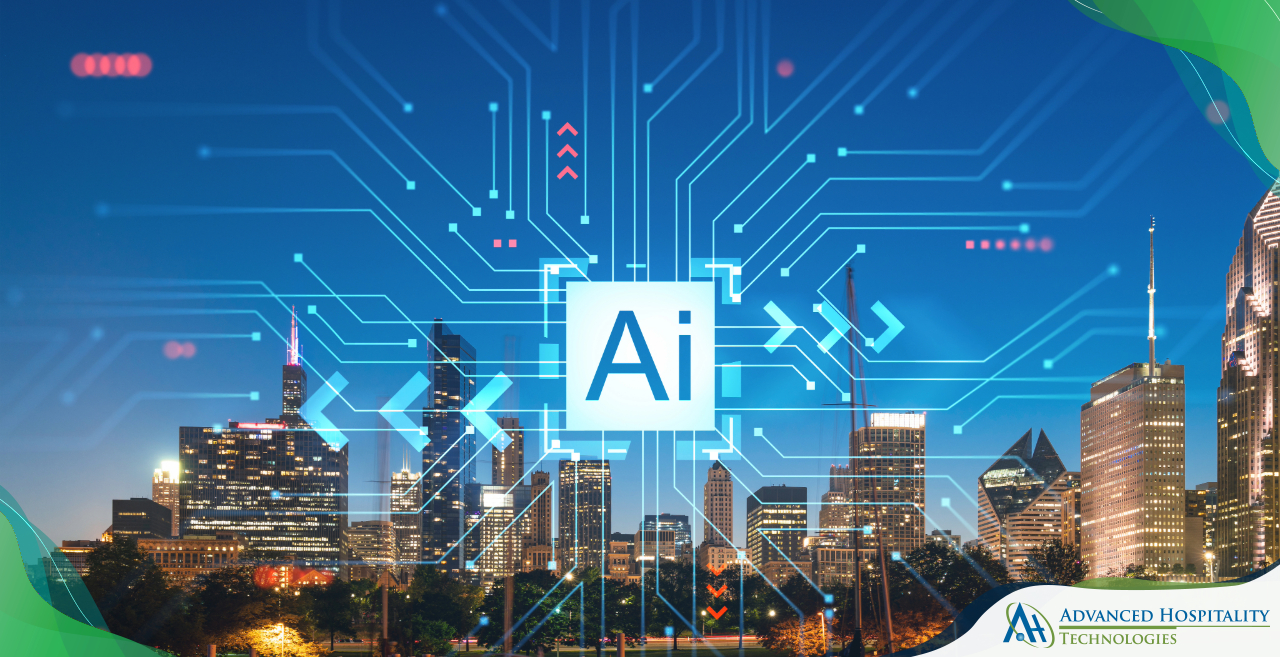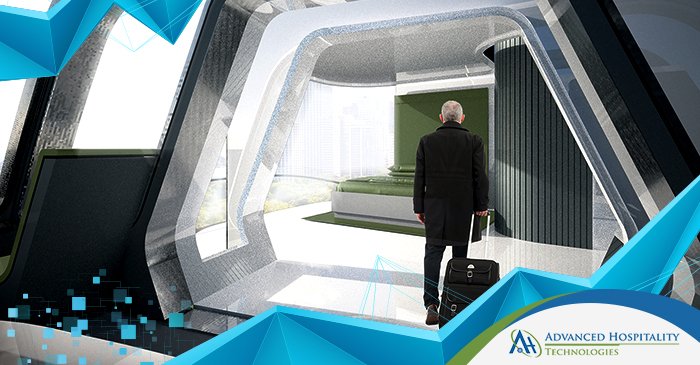Introduction
The hospitality industry is experiencing a revolutionary transformation through the integration of artificial intelligence. AI in hospitality has become a game-changer, fundamentally altering how hotels interact with their guests and manage their operations. Today, utilizing AI in hospitality for personalized guest services is not just a luxury – it’s becoming a necessity for staying competitive. This technology enables hotels to analyze guest preferences, streamline operations, and deliver customized experiences that elevate guest satisfaction to new heights.
Understanding the Role of AI in Modern Hospitality
AI in hospitality represents a sophisticated blend of machine learning, data analytics, and automation working together to enhance guest experiences. This technology processes vast amounts of guest data quickly and accurately, enabling hotels to understand patterns and preferences at an unprecedented level. Moreover, utilizing AI in hospitality for personalized guest services allows hotels to anticipate guest needs before they arise.
The implementation of AI in hospitality goes beyond basic automation. It creates a framework for understanding guest behavior through detailed analysis of booking patterns, service usage, and preference data. This deep understanding enables hotels to craft experiences that resonate with individual guests, leading to higher satisfaction rates and increased loyalty.
Revolutionizing Guest Experience Through AI-Powered Recommendations
One of the most impactful applications of AI in hospitality is the ability to provide personalized recommendations. These systems analyze guests’ historical data, including previous stays, dining preferences, and activity choices, to create tailored suggestions that enhance their experience.
For instance, if a guest regularly books spa services during their stays, the AI system can proactively offer special spa packages or preferred appointment times. Similarly, utilizing AI in hospitality for personalized guest services enables hotels to recommend local attractions and activities based on past guest preferences, creating a more engaging and satisfying stay.
The Rise of AI-Powered Virtual Assistants
Virtual assistants and chatbots represent another crucial advancement in AI in hospitality. These AI-powered tools provide round-the-clock support, handling everything from reservation modifications to routine service requests. This constant availability ensures guests receive immediate attention, regardless of the time or day.
These virtual assistants learn from each interaction, continuously improving their ability to address guest needs effectively. By handling routine inquiries, they free up staff to focus on more complex guest interactions that require a human touch, ultimately improving overall service quality.
Operational Excellence Through AI Implementation
The integration of AI in hospitality extends beyond guest-facing services to optimize backend operations. Advanced AI systems analyze occupancy patterns, service demands, and resource utilization to help hotels operate more efficiently. This data-driven approach enables better staff scheduling, inventory management, and maintenance planning.
Furthermore, utilizing AI in hospitality for personalized guest services helps predict maintenance needs and potential issues before they affect guest experience. This proactive approach to facility management ensures that hotels maintain high standards of service while minimizing operational disruptions.
Enhanced Guest Engagement and Communication
Modern AI in hospitality facilitates more meaningful engagement with guests throughout their journey. From pre-arrival communications to post-stay feedback collection, AI enables hotels to maintain consistent and personalized communication with their guests.
Hotels can now use AI-powered systems to send customized welcome messages, offer relevant upgrades, and gather real-time feedback during stays. This continuous engagement helps hotels address concerns promptly and demonstrate their commitment to guest satisfaction.
Predictive Analytics: The Future of Personalization
Utilizing AI in hospitality for personalized guest services is particularly powerful when it comes to predictive analytics. By analyzing historical data and identifying patterns, hotels can anticipate future guest preferences and behaviors with remarkable accuracy.
These insights enable hotels to create targeted marketing campaigns, develop relevant promotional offers, and design services that align with guest expectations. The predictive capabilities of AI in hospitality help hotels stay ahead of trends and adapt their offerings proactively.
Prioritizing Safety Through AI Innovation
In today’s environment, AI in hospitality plays a crucial role in maintaining guest safety and comfort. From contactless check-in processes to AI-monitored occupancy management in common areas, technology helps hotels provide safer environments for their guests.
Voice-activated room controls and digital concierge services reduce physical contact points while maintaining high service standards. These innovations demonstrate how utilizing AI in hospitality for personalized guest services can enhance both safety and convenience.
Conclusion
The integration of AI in hospitality has revolutionized how hotels operate and serve their guests. As we look to the future, the role of AI in creating personalized guest experiences will only grow in importance. Hotels that embrace these technological advances and effectively implement AI-driven solutions will be better positioned to meet evolving guest expectations and maintain competitive advantage in the market. Success in modern hospitality increasingly depends on how effectively establishments can utilize AI to create meaningful, personalized experiences for their guests. By continuing to invest in and adapt to these technological advances, hotels can ensure they remain at the forefront of innovation while delivering the exceptional service that guests expect.




